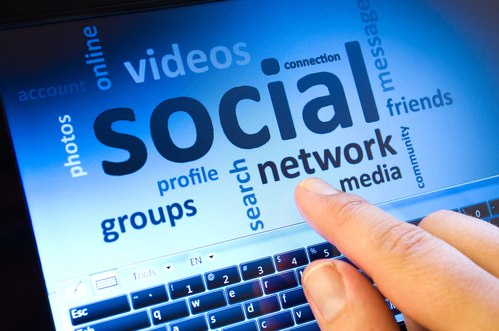Most people today carry a cellphone, whether they live in an industrialized Western nation or in one of the many developing nations around the world. Cellphones are more than just communication devices for many people, thanks to increased technology and telecommunication networks. Mobile Phones take pictures, allow you to check emails for work, provide entertainment through applications and videos, allow you to bank from anywhere on Earth, and serve as the way to form and maintain social connections with friends and family. If you have ever wondered how many people around the world use their mobile phones, and how it is possible for so many individuals to have this relatively new technology, read on.

Mobile Phones in the Hands of 75% of the World
Cellphones are no longer restricted only to the very wealthy around the world. In fact, five of the six billion mobile phone users on Earth are from developing countries. Since cellphones have increased what they can do and can effectively replace televisions, land line phones, and computers, even the poorest individuals who can afford a cellphone are willing to buy one. Phones are also finding their way into the hands of younger and younger users; children as young as five and six are now using their own.
Increased Telecommunication Networks
In order for mobile phone usage to become as popular as it is today, the infrastructure needed to grow along with the technology of the phones themselves. The bandwidth of networks is growing at a rate of 200% every 18 months, setting the industry up for continued growth with no end in sight. It is only in the past few months, with the realization that nearly every human on Earth has access to a mobile phone, that it has become a possibility that growth would inevitably slow, although it will not likely stagnate.

Affordability of Cellphones
As technology advances, mobile phones are able to become cheaper every few months. Although there are still many models that costs hundreds or even thousands of dollars, there are many more that cost just a few dollars to produce. Networks and airtime providers are able to provide cellphones to users at low prices in exchange for contracts limiting their phone use to the particular carrier’s service.
Increased Dependence on Mobile Phones
Another reason that mobile phones have transformed from an extra device to a real necessity is because they are able to do more than simply allow for phone calls. Users can take photos or videos, connect with friends and family from around the world, pay for items remotely, and have unlimited entertainment at their fingertips.
Although mobile phones were only used by roughly one billion individuals in 2000, they are now in the hands of more than five billion people, or roughly 75% of the world’s population. With increasingly advanced technology, we can expect to see that percentage rise even more in the next few years as coverage reaches more remote areas.
Mobile Phones Reach 75% of the Planet,





TracyAnn0312
Aug 09. 2012
Mobile phone becomes the easiest way of communication of many people that is why it reaches 75% of the planet who use it. Thanks for another great information you have shared.
Josh
Aug 10. 2012
There are good things about it as well as bad. We simply have to know the limitations when it comes to these modern technologies. Thanks.
Neha
Aug 11. 2012
This is very interesting fact and figure, mobile phones are now days so cheaper. Since, the smartphone hits popularity the rates of regular mobile phones are more decreased.
I know many people they can hardly receive and make calls, they don’t even know how to open and read SMS but still they have mobile phones.
Eranso
Aug 11. 2012
Interesting facts man. I remember the time 90’s when the cellphones was somthing like tabo.. They are probably the invention for our lifes , ofc + internet.
Regards
TechCrates
Aug 12. 2012
Mobile phones have a fix place in our daily modern life already. I also can remember the 90’s when the first affordable cellphones came to market. Nowadays a lot of people have even more than one phone 😉